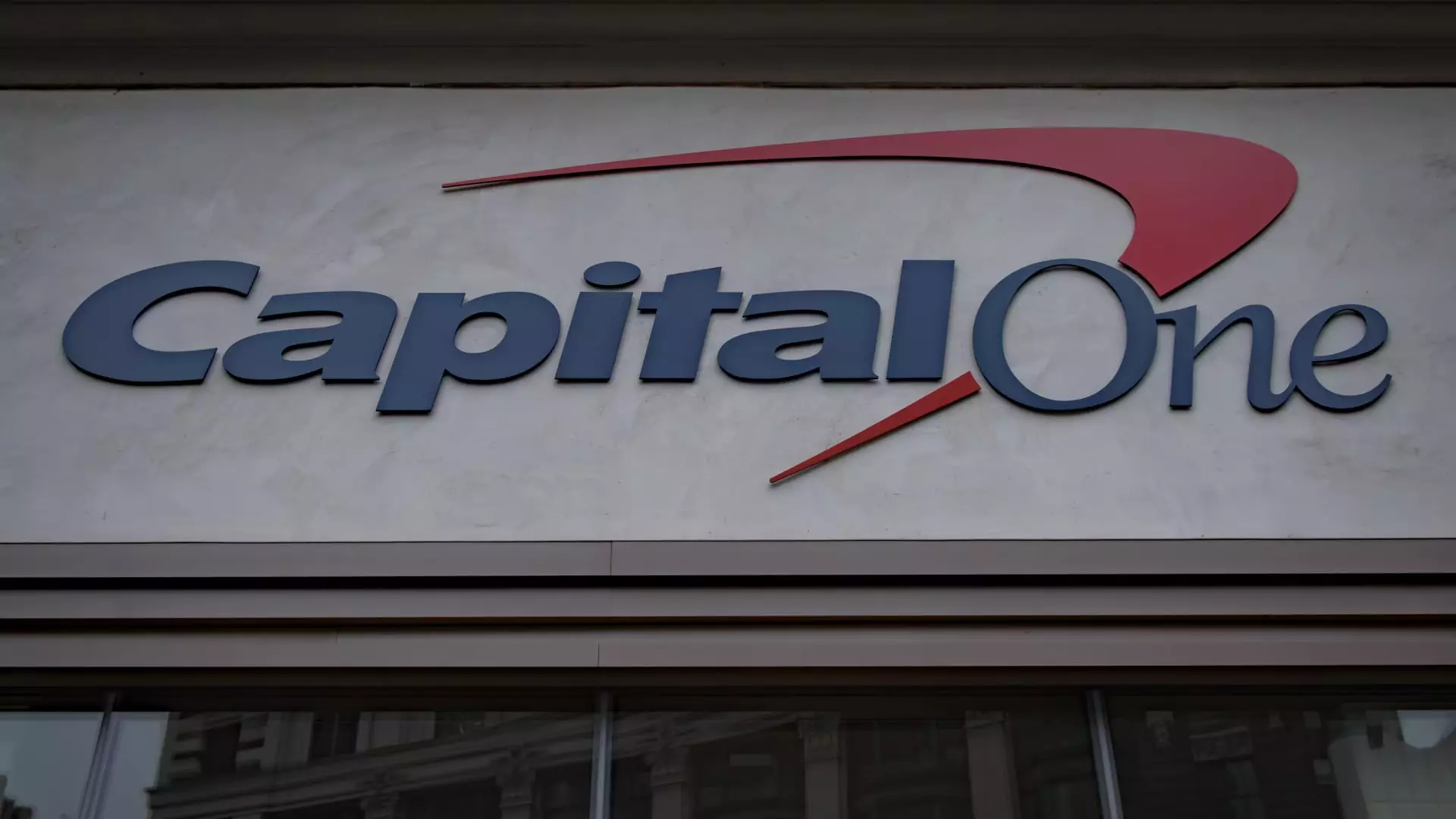The landscape of the banking and financial services industry is shifting dramatically with the recent approval of Capital One Financial’s acquisition of Discover Financial Services, a landmark move valued at $35.3 billion in an all-stock transaction. This approval, granted by both the Federal Reserve and the Office of the Comptroller of the Currency (OCC), marks not merely a corporate merger, but a pivotal moment for both companies that will significantly reshape their operational footprints in the marketplace. The Fed’s decision was driven by a thorough assessment of the financial and managerial capacities of both institutions, as well as their intended service to the community and the competitive implications of this union.
Understanding the Financial Dynamics
At the heart of this transaction lies the financial mechanics that are poised to benefit both entities. Capital One’s initial announcement of the acquisition in February 2024 outlined a strategic vision: Discover shareholders would receive 1.0192 Capital One shares for each Discover share, representing a generous 26% premium based on Discover’s market value at that time. Such a premium is not merely an incentive; it’s a calculated strategy to ensure a seamless transition and to bolster shareholder confidence during this significant transformation. Both companies, noted for being among the largest credit card issuers in the United States, will leverage this merger to enhance their respective credit product offerings and expand their deposit base significantly.
Addressing Compliance and Regulatory Challenges
Yet, this merger does not come without its challenges. The OCC has mandated that Capital One undertake “corrective actions” to remedy and address existing enforcement actions against Discover, particularly following the hefty $100 million fine imposed by the Fed for overcharging interchange fees. Such compliance not only reflects the stringent regulatory environment in which financial institutions operate but also underscores the importance of ethical practices in maintaining investor and consumer trust. Capital One’s commitment to addressing these issues reveals a proactive approach to regulatory compliance, positioning them as a responsible player in an increasingly scrutinized industry.
Implications for Market Dynamics
The impending deal, which is expected to close on May 18, will result in Capital One shareholders owning 60% of the newly merged entity, while Discover shareholders will own 40%. This division of ownership highlights a strategic partnership rather than a hostile takeover, fostering a collaborative atmosphere as these two financial giants integrate their operations. Market analysts will be keenly watching the effects of this acquisition, not only in terms of stock performance but also regarding customer retention and market share in the competitive credit landscape.
Looking Forward: Future Opportunities and Challenges
As Capital One and Discover begin this new chapter of their corporate narrative, the focus will undoubtedly shift towards optimizing operational efficiencies while expanding product offerings to meet the evolving needs of consumers. This merger presents an excellent opportunity for innovation in financial products, tailored customer experiences, and enhanced technological capabilities. However, the true measure of success will rest on how effectively both companies synergize their strengths and address the regulatory challenges ahead. Such scrutiny will not only influence their survival but will also set a precedent for future mergers and acquisitions within the financial services sector.

